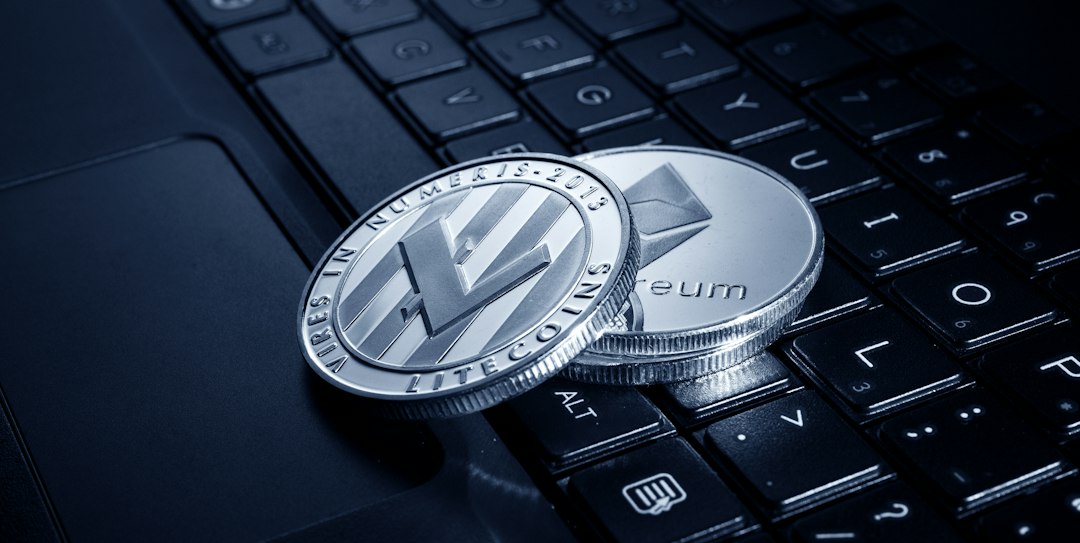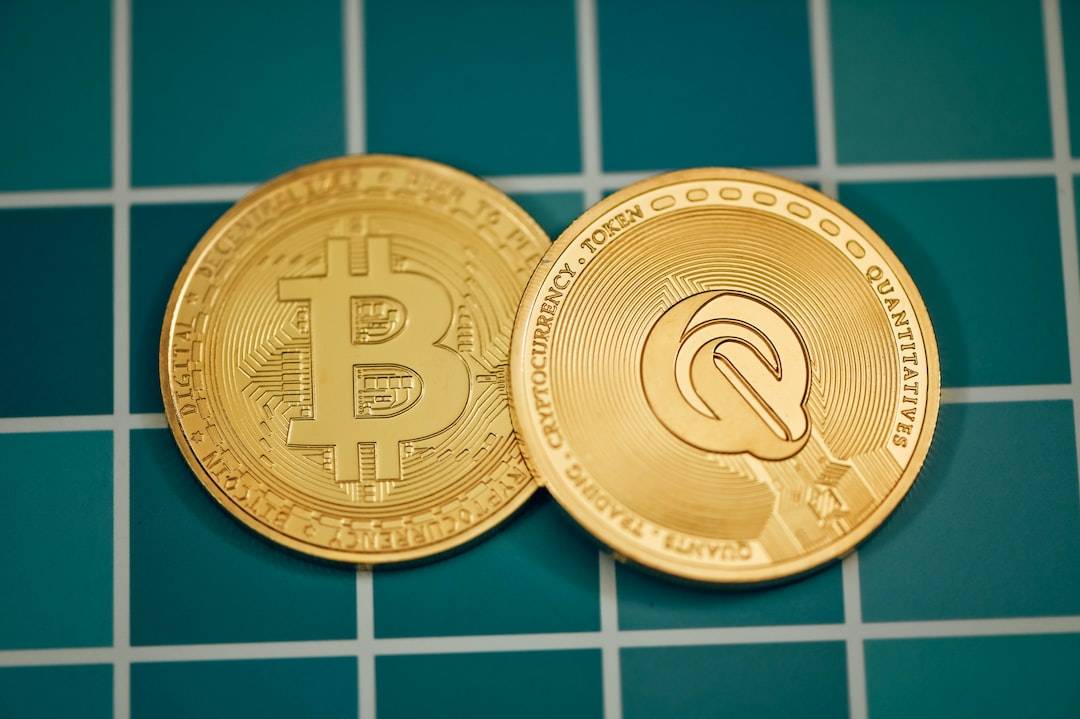The Role of ERC-20 Tokens in the DeFi Ecosystem
Welcome to the world of decentralized finance, where you have the power to take control of your financial future. You may have heard the term “ERC-20 tokens” thrown around in conversations about DeFi. In this article, we will explore the vital role these tokens play within the DeFi ecosystem and how they can empower you to maximize your financial opportunities.
Before we delve into the specifics, let’s start with the basics. ERC-20 stands for Ethereum Request for Comment 20, which is a technical standard used for creating and implementing tokens on the Ethereum blockchain. These tokens adhere to a set of rules and regulations that enable them to be traded, stored, and utilized within various decentralized applications (DApps).
Now, you might be wondering, “Why are ERC-20 tokens so important in DeFi?” The answer lies in their versatility and compatibility. ERC-20 tokens provide a standardized framework that makes it easy for developers to create new tokens and for users like you to interact with them seamlessly. With a wide range of ERC-20 tokens available, you can explore countless DeFi projects and find one that aligns with your financial goals.
When you venture into the world of DeFi, you’ll come across various types of ERC-20 tokens. These can include stablecoins, utility tokens, governance tokens, and many others. Each type serves a unique purpose within the DeFi ecosystem.
Stablecoins, as the name suggests, offer stability in the volatile cryptocurrency market. They are pegged to a stable asset, such as the US dollar, and provide a reliable store of value. Stablecoins allow you to hedge against market fluctuations and make transactions without worrying about price volatility.
Utility tokens are designed to provide access to a specific product or service within a decentralized application. For example, you might come across a DeFi lending platform that requires a utility token to access its features. By holding and utilizing these tokens, you become an active participant in the platform’s ecosystem and can reap the benefits accordingly.
Governance tokens grant holders the power to influence the decision-making process within a DeFi project. Holders of these tokens can vote on proposals and shape the direction of the project. By actively participating in governance, you have a say in the future of the project and can help create a community-driven ecosystem.
Now that you have a better understanding of the various types of ERC-20 tokens, let’s discuss how you can use them to participate in the DeFi ecosystem. One of the most common use cases is providing liquidity to decentralized exchanges (DEXs) through liquidity pools. By depositing your ERC-20 tokens into a liquidity pool, you can earn passive income by collecting fees generated from trading activities on the exchange.
Another popular DeFi use case is lending and borrowing. You can utilize your ERC-20 tokens as collateral to borrow other assets or lend them out to earn interest. This opens up opportunities for you to earn passive income from your idle assets or access additional funds without going through the traditional banking system.
Moreover, by holding certain ERC-20 tokens, you may also be eligible to participate in token sales, a practice known as Initial Coin Offerings (ICOs) or Initial DEX Offerings (IDOs). Token sales allow you to invest in promising projects at an early stage, potentially earning substantial returns if the project succeeds.
Lastly, ERC-20 tokens also facilitate cross-platform interoperability. With the growth of the DeFi ecosystem, multiple decentralized applications are emerging, each offering unique features and services. ERC-20 tokens act as a bridge, allowing you to seamlessly transfer assets and value between different DApps and explore various opportunities within the DeFi space.
Frequently Asked Questions (FAQs)
1. Are ERC-20 tokens only compatible with Ethereum-based projects?
No, while ERC-20 tokens are primarily associated with the Ethereum blockchain, they can also be utilized within other blockchain networks. Several projects have developed bridges and interoperability solutions that enable the seamless transfer of ERC-20 tokens between different blockchains.
2. How can I ensure the security of my ERC-20 tokens?
Security is paramount when dealing with cryptocurrencies. To protect your ERC-20 tokens, it is crucial to use reliable wallets and remain vigilant against potential scams. Ensure you use hardware wallets or trusted software wallets, and educate yourself on best practices for securing your digital assets.
3. Can I earn passive income by staking ERC-20 tokens?
Yes, many DeFi projects offer staking programs where you can lock up your ERC-20 tokens and earn passive income in the form of additional tokens or fees. Staking allows you to contribute to the security and functioning of the underlying blockchain network while earning rewards for your participation.
4. How do I choose which ERC-20 tokens to invest in?
Choosing which ERC-20 tokens to invest in depends on various factors, including the project’s team, its mission, and the market demand for the token. It is essential to conduct thorough research, read project whitepapers, and understand the tokenomics before making any investment decisions. Additionally, consider consulting with financial advisors for expert guidance.
In summary, ERC-20 tokens play a crucial role in the DeFi ecosystem by providing a standardized framework for creating, trading, and utilizing tokens within various decentralized applications. By harnessing the power of ERC-20 tokens, you can participate in a wide range of DeFi activities, including lending, borrowing, staking, and investing in token sales. Remember to conduct thorough research and stay informed to make the most of the opportunities presented by ERC-20 tokens in the world of decentralized finance.





 By
By
 By
By

 By
By

 By
By